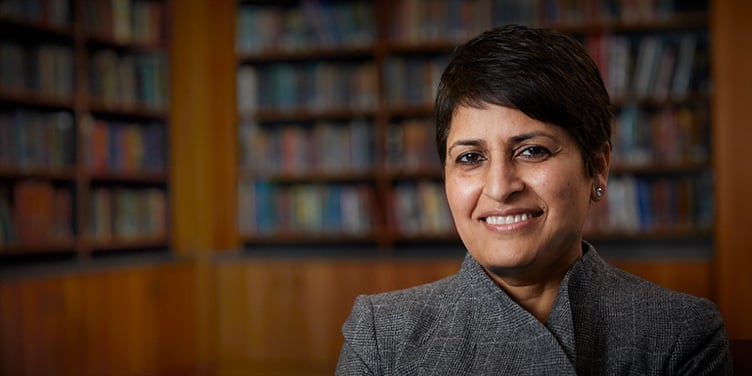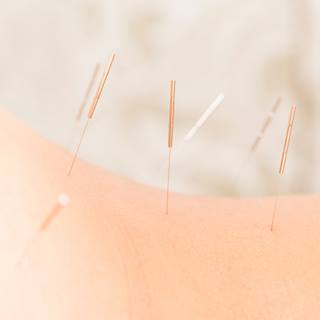Temporomandibular Joint Disorders

Overview
Temporomandibular joint (TMJ) disorders are very common, affecting over 10 million people in the United States. The temporomandibular joint is the small joint located in front of each ear that attaches the lower jaw to the skull. These joints work in combination with various jaw muscles and ligaments, making it possible to open and close the mouth, chew, speak and swallow. When the temporomandibular joints, jaw muscles and ligaments are prevented from working together properly, a painful TMJ disorder may occur.
Although the causes of TMJ disorder are not completely understood, research has shown that certain factors may contribute to the problem. For example, conditions that affect other joints in the body, such as arthritis, may cause or aggravate TMJ disorder. Injury, trauma or grinding the teeth during sleep may also lead to the condition. In addition, displacement or dislocation of the disc that's located between the jawbone and socket may cause TMJ.
UCSF's oral and maxillofacial surgeons offer a full range of diagnostic services, as well as surgical and non-surgical treatments for TMJ disorders. Patients also have access to our Orofacial Pain Center, which specializes in conditions that cause orofacial pain, such as TMJ. In addition to pain management, services offered include relaxation techniques, biofeedback and acupuncture.
Awards & recognition
-

Among the top hospitals in the nation
Signs & symptoms
Symptoms of TMJ disorders may include:
- Ear pain
- Jaw pain or tenderness
- Clicking, grating or popping noises when opening the mouth
- Headaches and neck aches
Diagnosis
Diagnosing TMJ disorders is often complex and therefore should be conducted by oral and maxillofacial surgeons — experts in the field of the mouth, teeth and jaw. An accurate diagnosis of TMJ is very important before starting a treatment plan.
Proper diagnosis begins with a detailed medical history and physical, including careful assessment of your teeth and function of your jaw joints and muscles.
Imagining tests, such as X-rays of your teeth and jaw may be taken. In some cases, a "cast" of your teeth may be made to see how your bite fits together.
Treatments
There are a variety of treatments available for TMJ disorders, ranging from pain medications and relaxation techniques to splints and surgery. Depending on the severity and type of your problem, your doctor will select which treatment is most effective for you.
At UCSF, a physical therapist is also available on-site to provide physical therapy services designed for patients suffering from TMJ.
Splints — also called mouth guards — are used to treat teeth grinding, clenching and TMJ disorders. They are made of plastic and either fit over your upper or lower teeth. While splints are successful for some people, others may find that they increase pain or become ineffective after a period of time. If this is the case, you should stop wearing it.
In severe cases and if non-surgical therapies have not worked, surgery may be recommended. Surgery may involve repairing damaged tissue or joints, during a procedure known as arthroscopy.
Other treatments provided at UCSF include:
- Pain management therapies
- Acupuncture
- Relaxation techniques
- Biofeedback
UCSF Health medical specialists have reviewed this information. It is for educational purposes only and is not intended to replace the advice of your doctor or other health care provider. We encourage you to discuss any questions or concerns you may have with your provider.











